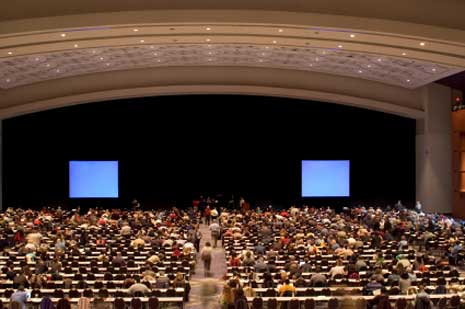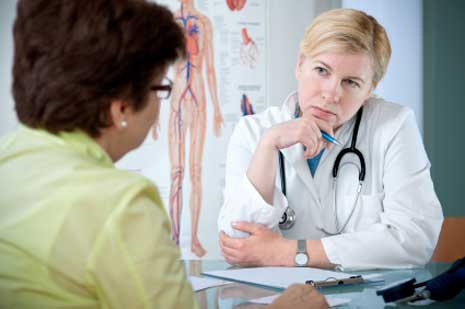WHO receives delegation of representatives for the environmentally ill
MCS stakeholders sign petition to the World Health Organization
On May 13, a petition from the WHO delegation of stakeholders from MCS and EMS patients, physicians, scientists, lawyers and journalists in Geneva will be received. The delegation will be welcomed by Dr. Maria Neira, Director General of Public Health and Environment, WHO confirms.
WHO confirmed hearing from MCS organizations
Dr. Neira will receive the relevant documents from the delegation, a bibliography regarding environmental diseases, a list of countries that already have a ICD-10 code for MCS and / or EMS, and some other relevant documents for the meeting. All documents being submitted support the science-based arguments, and finally create a mandatory basis for environmental health conditions worldwide, so that the medical care of patients can be assured.
MCS and EMS organizations sign the WHO petition
The petition, which seeks to ensure that the situation for people, who are chemically sensitive or electro-sensitive, was improved by the Spanish organization „Asquifyde”. The petition was signed by many organizations, researchers, and practitioners from around the world. The hope is that WHO will implement this petition, which would apply a consistent international code of disease (ICD) in all countries worldwide for those with Multiple Chemical Sensitivity (MCS) and electromagnetic sensitivity (EMS). This ICD code is important because it will allow patients’ doctors to give an accurate diagnosis with expected benefits from the health insurance, which already exists for other disabilities and illnesses. The existence of MCS and EMS has already been demonstrated.
In all countries, binding ICD-10 code for MCS and EMS
Currently, Japan (T65.9) and Germany (T78.4) have the ICD-10 code for MCS. Other German-speaking countries like Switzerland, Luxembourg and Austria ,through their Ministry of Health, say that in their countries the ICD-10 code for MCS, T78.4, is valid and can be used as well.
Submission of evidence to the WHO
It is possible to contribute and submit other important documents regarding the scientific aspects of MCS and EMS, to the WHO. During the next few days a PDF may be sent via e-mail to: info@asquifyde.es which is the Spanish organization. All documents received by medical experts and lawyers for environmental law will be organized in terms of their relevance and then selected for submission to the WHO.
Confirmed participation in the WHO hearing
Until May 3rd, 2011 it possible for organizations, academics, lawyers, and doctors to register for consultation with WHO in Geneva. This requires a binding confirmation take place with Asquifyde. The organization will report the final number of participants on May 3rd to Dr. Neira, after which it is appropriate to reserve a space.
WHO press conference after hearing
According to the WHO, a press conference will take place after the hearing. It will be headed by Sonia Miguel Jara and journalists. To fund this important press conference following the WHO hearing, Asquifyde and other MCS and EMS organizations, are asking anyone who is concerned about the environmental concerns of those ill from environmental factors to contribute financial support.
Help the environmentally ill
Scientists estimate that about 15-30% of the general population in industrialized countries suffer with MCS. The number of EMS stakeholders increases by the progressive expansion of mobile networks also. These people are almost without exception, without the help and support, which contradicts the international disability convention and applicable laws. Ignoring and negation of environmental diseases in recent years has led to indescribable suffering and to considerable financial losses to the economy. It is hoped that the leaders at the WHO, will respect the suffering of those patients with MCS and EMS and take seriously the international petition and act according to their stated mission which is to provide assistance to those disabled internationally.
Author: Silvia K. Müller, CSN – Chemical Sensitivity Network, 2 May 2011
Translation: Christi Howarth for CSN
Related articles:
- No more discrimination for the ill
- International Conference: Environmental and chemical pollution cause health injuries and disabilities
- ALERT: Spanish Professor with chronic mercury intoxication goes on hunger strike
- The last few months of Angelika S. who was chemically sensitive
- An Italian Multiple Chemical Sensitivity Sufferer Shouts an “Inconvenient” Truth with his Death





